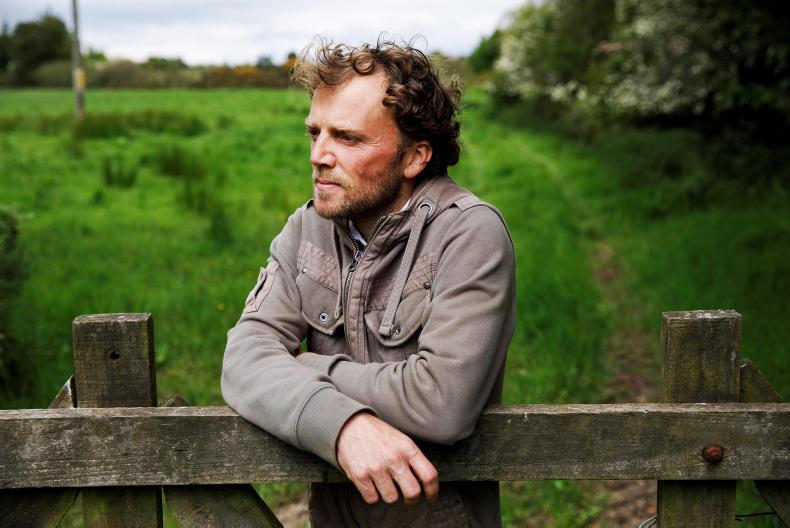Muhammad Ali said: “The man who views the world at 50 the same as he did at 20 has wasted 30 years of his life.”
This quote came to mind recently when I read yet another article about the need to get more young people involved in farming.
Let it go without saying that fresh blood and new ideas are needed in every sector and every industry. But we need to be careful if we start to believe that bringing in young people is the be-all and end-all in farming, especially if it is to the detriment of the older generation and the invaluable knowledge they have built up over decades of survival and progress in the face of obstacles as big as any we might face now.
I think Ali was on to something with his idea that we should see the world differently at 50 compared to 20. As well as surviving to an age when some of his peers have not, the 50-year-old farmer knows what it is like to be 50 as well as 20. The 20-year-old farmer knows only what it is like to be 20.
The younger man may have new ideas about farming, and so he should, but he does not know if they will work on his own farm, no matter the evidence from research scenarios. His 50-year-old neighbour has an advantage here, since he has already tried some new ideas and knows which work on his farm. More importantly, he knows what does not work. Some investments and ideas have failed on him, but he has survived and is still standing.
The younger man does not have this knowledge yet, no more than he has experience of dealing with processors trying to pull prices, salesmen trying to offload the latest chemicals, or officials trying to find fault during an inspection.
Only a sceptic would suggest this is a reason the industry is so much in favour of bringing young farmers onto the scene. They might be easier to bamboozle with big words than their fathers’ generation.
Time is the only judge. What has lasted for generations must have something to it. Perhaps that is what we are seeing with the recent interest in regenerative farming, and its attempts to move back towards plain old soil management and animal husbandry. Perhaps lean business models, debt-driven expansion, or new technologies are the only way forward. But they are not as proven as many experts claim. Only in time will the worthwhile prevail, while the snake-oil is filtered out.
In a similar vein, I am weighing up our possible dairy conversion and seeing how to balance the off-farm job with the hours needed on-farm to milk cows. What is proven is that my time can be managed OK with sheep and calf-rearing alongside the off-farm work. What is also dawning on me is that the number of cows I could milk at the moment, without going into derogation, would not allow me to farm full-time. I have done the sums and I would not need anything like 100 cows, but equally there is a minimum number required to return a wage that would replace the off-farm income.
The homework will continue for another while before a final decision is made. One thing I am sure of though, is that we have been back farming since 2015. I would have wasted six years of my life if I looked at farming now the same as I did then.






 This is a subscriber-only article
This is a subscriber-only article










SHARING OPTIONS: